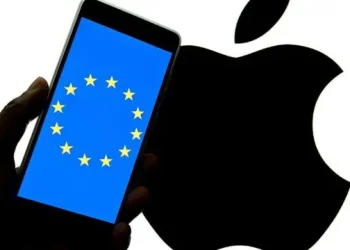A U.S. federal judge has ruled that Google is not required to divest its Chrome browser or Android operating system in a major antitrust case, despite being found to hold an illegal monopoly in online search. Instead, the court has imposed targeted remedies aimed at increasing competition in the search market
Judge Amit Mehta rejected the Department of Justice’s proposal to force Google to sell off its core assets, deeming the move excessive given that Google didn’t use these assets to unlawfully restrict competition.
Google must now share certain search data and indexing access with competitors to foster competition, including emerging AI-driven search tools.
The court prohibits Google from entering into exclusive search distribution agreements that lock out rivals—but allows continued revenue-sharing arrangements (e.g., with Apple) under annual, non-binding terms.
The decision lifted considerable uncertainty for both Google and Apple, cushioning their financial outlooks. Google’s parent company, Alphabet, saw its stock surge by over 7%; Apple also experienced gains.
However, antitrust advocates slammed the outcome. The American Economic Liberties Project called it a “complete failure,” saying it fails to dismantle Google’s dominance. Similarly, critics labeled the decision a “slap on the wrist.”
The Department of Justice has signaled it may appeal the ruling, indicating the legal battle continues. This case represents one of the most consequential antitrust trials in recent memory, and its outcome—especially the shape of enforcement tools moving forward—may significantly influence the future regulatory landscape for Big Tech.





















